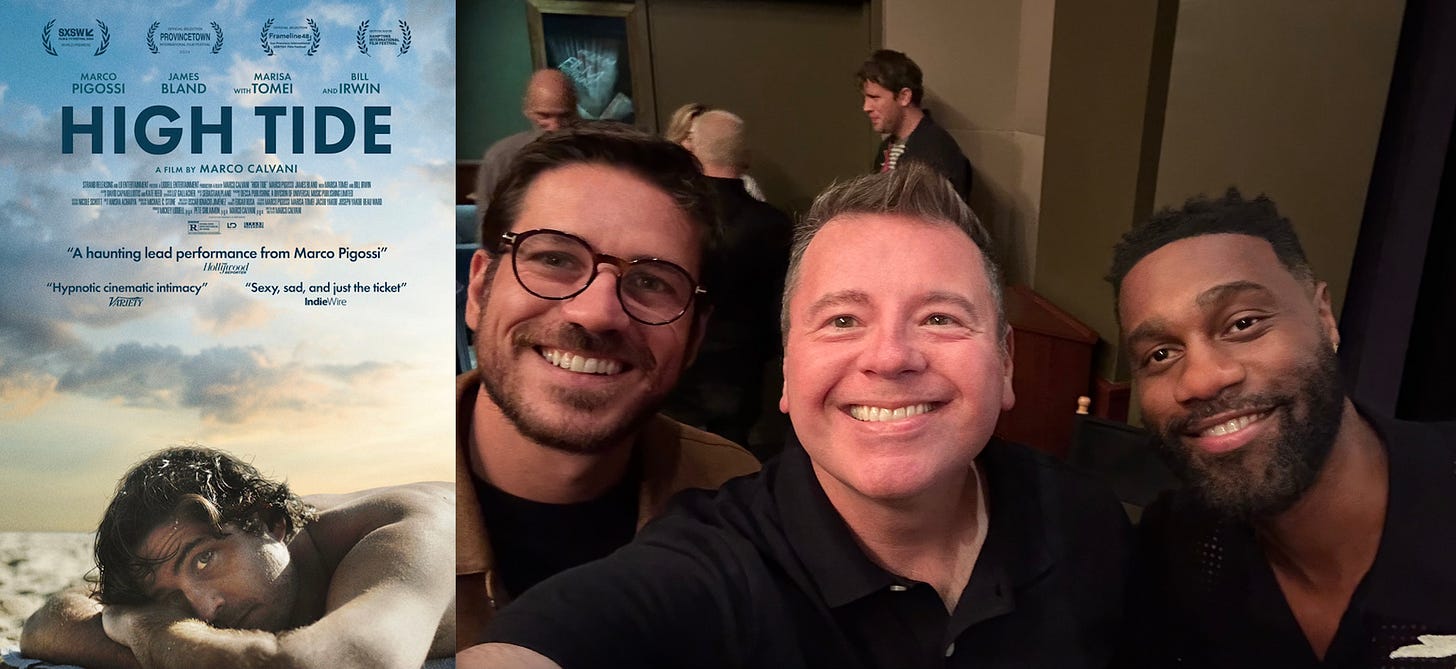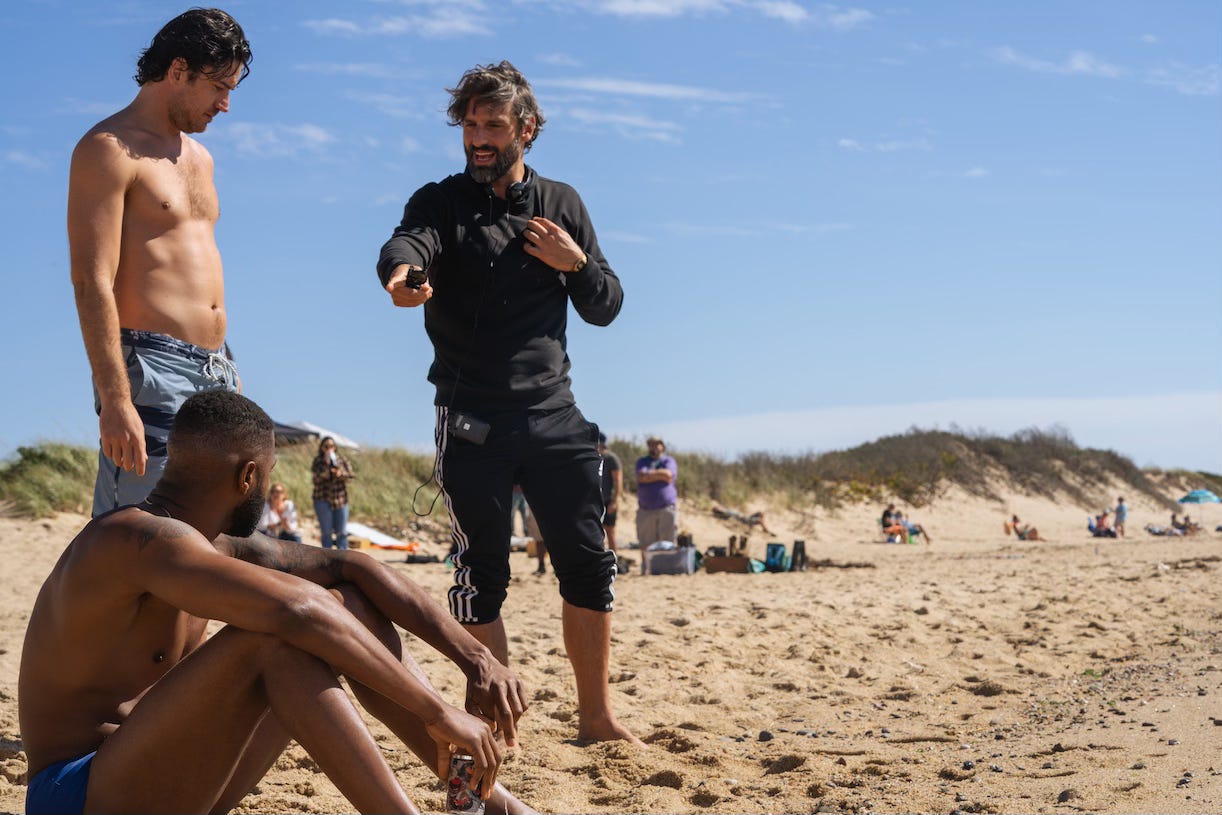Adrift in Provincetown: A Review of 'High Tide'
Writer-director Marco Calvani's romantic drama was a labor, and harbinger, of love.
October 18, 2024
Marco Calvani’s densely emotive High Tide, recently a New Fest centerpiece and opening theatrically today in NYC, is the kind of contemplative drama I can’t seem to resist, in much the same way its beautiful yet earthy lead characters are magnetically drawn to each other.
The film follows Lourenço, played by Brazilian star actor Marco Pigossi, who has traveled to P-Town with a boyfriend, only to be dumped there with a soon-to-expire visa. He works cleaning houses, and soon finds that while he is valued for his cuteness, that does not translate into anything useful, just unintentionally dismissive compliments and even a sexual assault he forces himself to treat as a minor inconvenience.
Living in the small guesthouse of seventy-something Scott (a splendid Bill Irwin) free allows Lourenço a home base so he can work, and also so he can explore the area, coming to realize he hopes to be able to stay forever, in spite of his mother back home and her religiously charged hold over him.
On the idyllic beach, he meets chill and welcoming Maurice (James Bland), a rare Black man in the white enclave, and his young, hedonistic friends. Theirs is an immediate and old-feeling bond, one they navigate — to Calvani’s credit, complete with racial awkwardness — in the very few days they have before Maurice is set to return to reality, his life as a nurse in Queens.
Along with Maurice, another important figure in Lourenço’s time in P-Town is Miriam (Marisa Tomei giving yet another performance that reiterates her early Oscar was a historic good investment on the part of the Academy). Miriam, the ex-wife of his abusive boss Bob (Sean Mahon), is coming into her own as a late-in-life lesbian, self-supporting artist and free spirit, and her advice and mere presence gives Lourenço life — in the same way nature and the sea both do.
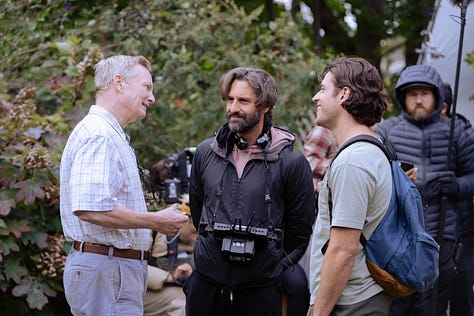

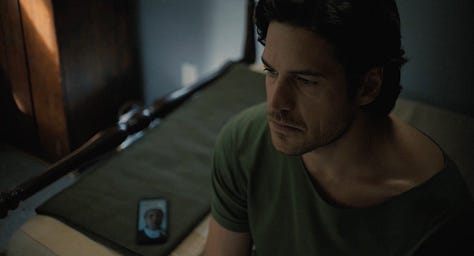

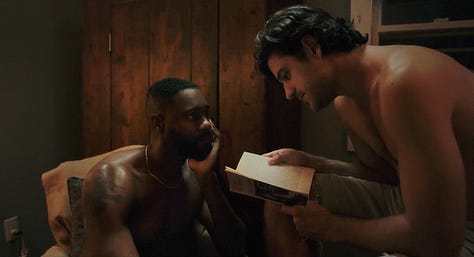

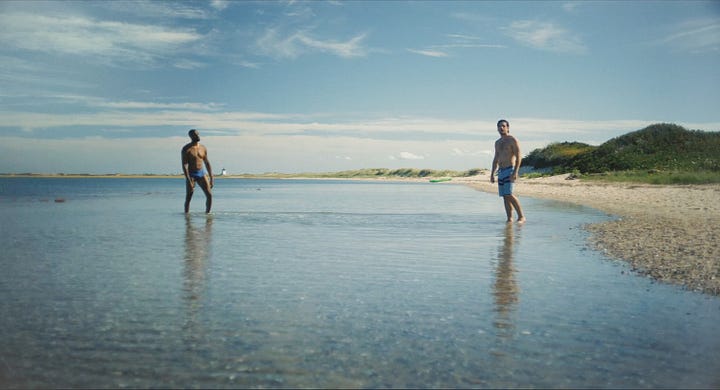
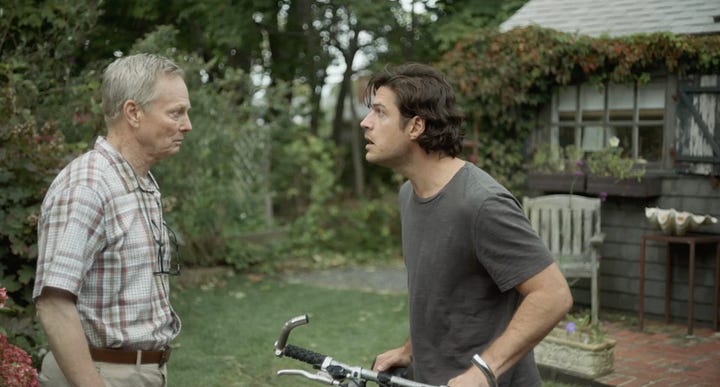
Lourenço is beautifully and empathetically portrayed by Pigossi, who gives him the perfect mix of charm, innocence and disillusionment. Not much happens in the movie, some could argue, but I would say: just life. And Lourenço’s life in this short stretch is packed with emotional hot buttons that will decide not only how the film ends, but how he will end when he reaches Scott’s age one day.
I was reminded of the melancholy of Ira Sachs’s 1996 film The Delta, and of Ana Kokkinos’s more nihlistic Head On from 1998 watching this soulful character study, one which I recommend highly if you’re ready for an emotional palate cleanser after bingeing things on Netflix.
During a warm Q&A with Calvani, Pigossi and Bland in NYC last month, the director and his leading man talked about putting the film together during COVID, why they make indie films at all and about their real-life love affair — they fell in love during its making and wound up getting married soon after.
Check that out below:







